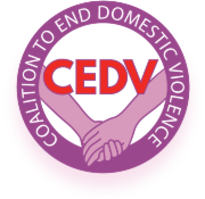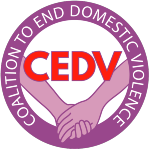A number of organizations have previously criticized the Violence Against Women Act. The organizations are arranged in alphabetical order:
- Beverly LaHaye Institute: “women can routinely claim nebulous ‘psychological harm’ and keep a man out of his home, away from his children, possibly losing his job and ruining his reputation.”
- Concerned Women for America: VAWA “is, in large part, a rigid series of ineffective law enforcement programs.”
- Eagle Forum: VAWA “has done little or no good for real victims of domestic violence, while its funds have been used to fill feminist coffers and to lobby for feminist objectives and laws.”
- Family Research Council: VAWA represents an “abuse of taxpayer dollars” that “does more to promote a radical agenda than it does to help women.”
- FreedomWorks: “The newest version of the VAWA, S. 47, contains very vague and broad definitions of domestic violence.”
- Heritage Foundation: “Because proponents of the [VAWA] law argued that violence against women is a form of social control perpetuated by—according to their arguments—women’s weaker social, political, and financial status, the substance of the VAWA focused largely on redistributing power and resources to female victims. This philosophy of group victimhood undermines equal protection and the rule of law and has been detrimental to the protection of victims generally”
- Ms. Foundation for Women: “Unfortunately, when state power has been invited into, or forced into, the lives of individuals, it often takes over.”
- National Association of Criminal Defense Attorneys: We “write to express concerns regarding certain provisions [of VAWA] that would expand or alter the criminal code in ways that raise troubling questions of constitutionality and fairness and/or are unnecessary.”
- National Parents Organization: “Our societal double standard on male and female-perpetrated domestic violence is fairly screaming to be examined, but no one wants to.”
- National Research Council: Domestic violence treatment programs are often “driven by ideology and stakeholder interests rather than plausible theories and scientific evidence of fact.”


